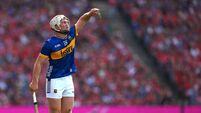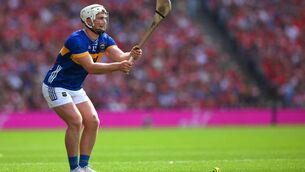Answering the call
He’s driven by the same desire to get the county back into the top bracket of teams, motivated every bit as strongly to atone for the years of disappointment which he himself experienced as a player.
And in more recent times as an ordinary supporter.











